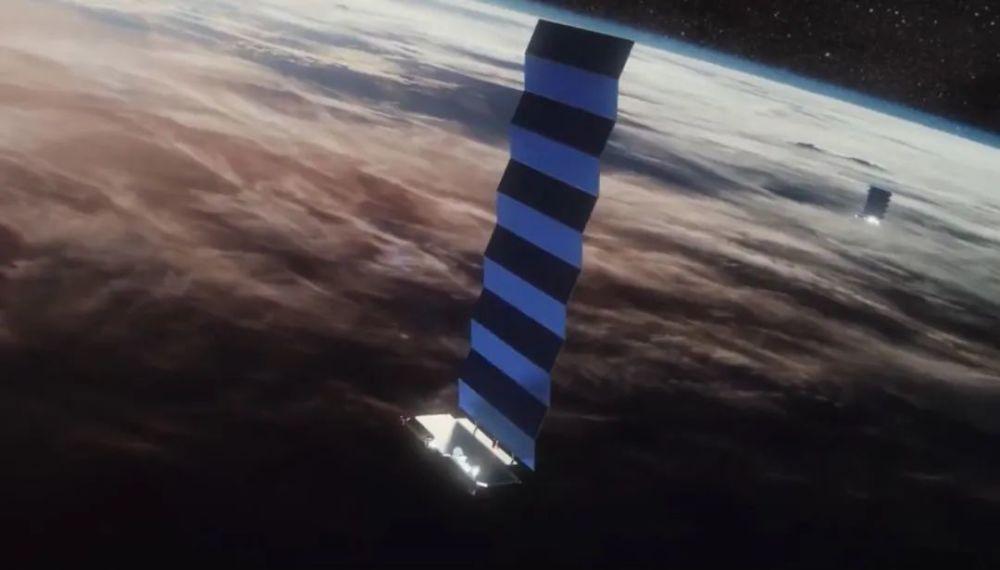According to the Global Network, the 49 newly launched starlink satellites of the United States have recently been affected by solar storms, only 9 of them are working normally, and the remaining 40 are abandoned, deviating from low Earth orbit and falling into the atmosphere and burning. This news can be described as a momentary stirring up thousands of waves.

It is reported that the Starlink satellite is developed by Musk's American Space Exploration Technology Company. At present, the number of Starlink satellites in orbit has reached 2,000. More critically, in 2019, Musk also submitted an application to launch another 30,000 second-generation "Starlink" satellites, which will be achieved as early as 2028. At that time, the starlink satellite will closely "wrap" the earth, the space launch window will become smaller and smaller, and the risk of space collision will soar. This has made the outside world more worried about the threat of space security by starlink satellites.
Last year, the Starlink satellite of the US Space Exploration Technology Company has approached the Chinese space station twice, posing a danger to the life and health of the astronauts carried by the Chinese space station, and the Chinese space station has twice implemented "emergency collision avoidance". In addition, a number of foreign satellites have also taken the initiative to avoid the collision of the "Starlink" satellite.
But even with the evidence in front of them, the U.S. government and Space Exploration Technologies have always insisted that Starlink satellites are not dangerous. In response to the remarks that starlink satellites affect the safety of other spacecraft in space, Musk argued that the "starlink" has no impact on space security, and his reason is that there may be "tens of billions" of spacecraft operating in low-Earth orbit. At present, Starlink has only launched more than 2,000 of them, and the total capacity from space is not worth mentioning at all.
The Starlink satellite crashed, Musk still claimed that these de-orbiting satellites have zero risk of collision with other satellites, they will burn up in the process of falling into the atmosphere, neither will produce orbital debris, nor will satellite components hit the ground. But is this really the case?
NASA in the United States was the first to sit still this time, and staged a "great righteousness and annihilation of relatives." In a filing with the Federal Communications Commission, NASA warned that low-Earth orbit occupied by starlink satellites becomes crowded, adversely affecting ground systems that warn of space collisions. If the second batch of 30,000 Starlink satellites lifts off, the risk of a space collision is expected to increase significantly and threaten NASA's science and manned space missions.
This can be said to be a slap in the face of the US government that has been shielding Musk's crazy plan of Starlink satellites. Chinese Foreign Ministry spokesman Zhao Lijian also said on February 10 that I am afraid that the outside world does not know that the United States, a self-proclaimed "responsible space power", is still shielding the dangerous move of the Starlink satellite of the US space exploration technology company.
This has to make people wonder that the motive of the US government to protect the "Starlink" satellite is probably not simple.